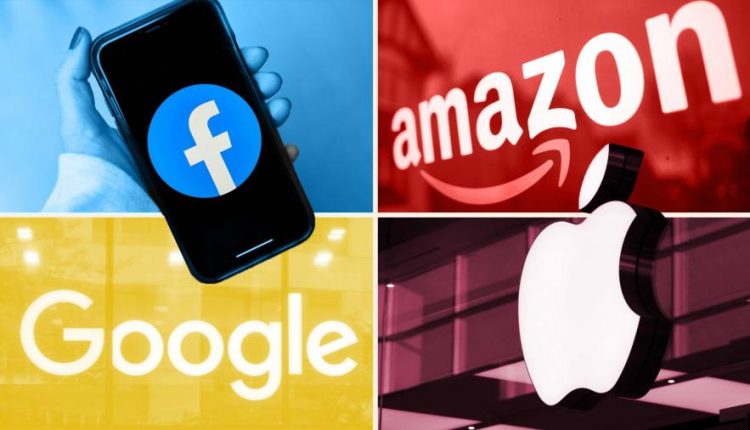Receive free EU tech regulation updates
We’ll send you a myFT Daily Digest email rounding up the latest EU tech regulation news every morning.
Some of the world’s biggest tech companies and more than 20 of their services will have to meet obligations under new EU laws that will force the likes of Apple and Google to overhaul how they do business and generate billions of euros in revenues.
Amazon’s marketplace, Apple’s AppStore, Meta’s WhatsApp, Facebook and Instagram and Google’s Search and YouTube are among the extensive list of services that will have to comply with obligations aimed at enabling greater competition for the sector in Europe.
A total of six companies, including Microsoft and TikTok, will have to comply with stipulations imposed by the new Digital Markets Act, which include sharing data with rivals, making their services interoperable with rival apps and linking to competitors.
The European Commission, the executive body of the EU, is still seeking to determine whether Apple’s iMessage and Microsoft’s Bing should be labelled as “gatekeeper” services after the companies pushed back, two people with knowledge of the matter said.
To be branded as a gatekeeper under the DMA, tech giants must have a yearly turnover of more than €7.5bn, a market cap above €75bn and active monthly users in the EU of 45mn, although EU regulators have discretion over the designation beyond these metrics.
Some companies have taken issue with whether some of their services falling within the scope of the DMA. Microsoft had rejected the idea that Bing should be subject to the same obligations applied to its larger competitor, Google Search. Apple has also argued that iMessage does not have the numbers required to fall within the scope of the new rules and that it should escape them.
The commission is already bracing itself for legal challenges led by some of these large tech companies, multiple people with knowledge of the EU’s thinking said. Already, retailers Amazon and Zalando have taken Brussels to court over their new obligations under the Digital Services Act, a separate piece of legislation aimed at clarifying how Big Tech should police the internet. These platforms argue they have been unfairly targeted.
The listing of the services caught by the new rules came on the day that Margrethe Vestager became an official candidate for the presidency of the European Investment Bank. Belgian commissioner Didier Reynders will take over her competition portfolio while she takes unpaid leave from the commission.
New obligations for tech companies also come at a time of heightened scrutiny of their actions in Europe. Earlier this year, Vestager threatened to break up Google, a first, and the EU is set to block Booking’s acquisition of Etraveli as regulators take a closer look at digital deals.
Read the full article here

